Beethoven’s Seventh: Everyone agrees, for once
mainWelcome to the 80th work in the Slipped Disc/Idagio Beethoven Edition
Seventh symphony, opus 92 (part 3 – previous 2 parts here and here)
Our expert panel in a dozen different countries has come up with remarkable unanimity in their choice of the three quintessential recordings of this symphony. All seem to agree that one performance is indispensable and two others are so anthithetical that they can’t both be right. We’ll come to these disputations in a few paragraphs’ time, but meanwhile there are more than 100 others to consider and some will open your ears to a different and unexpected approach to Beethoven’s truth.
Arthur Kapitainis in Montreal, for instance, swears by Leopold Stokowski’s fabulous Philadelphians in 1927. This recording is not yet on Idagio, but some discreet hand has uploaded it onto Youtube, where it has received a mere handful of clicks and just one response. At the end, there is a spoken commentary by the conductor. His English accent is a bit like Antonio Pappano’s.
Arthur says: ‘Every bar alive in the first movement. The Allegretto is made an Adagio, in phrasing if not tempo, but it is mesmerizing. Fine madness in the finale.’
Luis Sunen writes from La Coruna, Spain: ‘The one that I prefer is that of Pablo Casals in Marlboro in 1969. Some minor imperfections but pure vitality, pure joy with a conductor who was then 92 years old. And, in the orchestra, Shmuel Ashkenazi, Pina Carmirelli, Felix Galimir, Ronald Leonard, Julius Levine, Larry Crombs, Milan Turkovic… I’m sorry, but definitely: Casals.’ For the Allegretto alone, this is a must-listen.
Concertmaster Eoin Andersen in Berlin recalls indelible performances with Manfred Honeck (not recorded) and Nikolaus Harnoncourt, conducting the Chamber Orchestra of Europe in 1991. While many associate Harnoncourt with period practice, his most memorable performances are often with small orchestras on modern instruments. This particular concert, with musicians the age of his grandchildren, is particularly engrossing for its supple speeds and unexpected turns. Harnoncourt stood out among period conductors in never letting the theory overwhelm the music. This account reveals the finest qualities of his complete Beethoven cycle.
Valerio Tura in Bologna writes: ‘Vladimir Jurowski, in his mid-twenties, was invited to conduct a Summer festival concert with the ex-West Berlin Radio Symphony Orchestra. It was a very hot and humid summer of 1997, the manager of the orchestra, Dieter Rexroth, kindly drove me a couple of hours north of Berlin to a very old castle in the ex-DDR Vorpommern region, amid little lakes and wetlands, named Ulrichshusen, and belonging to a wealthy family: the “Freiheer” told us that the castle had been given back to its original owners shortly after the reunification of Germany.
‘After a snack of boiled little lake shrimps with Sekt, the Sunday afternoon concert took place in what was once the wood-and-bricks barn of the castle, still a bit “délabré”: it was absolutely choc-a-bloc, packed with enthusiasts. The performance of Beethoven’s 7th Symphony I heard there is possibly not the best performance ever, of course, though it is by far the most vividly one recorded in my memory. It was Jurowski’s debut with that symphony, and with that orchestra: extraordinarily vital, youthful, well-focused, though profound, and the quality of the sound was really amazing: a rich and thick “idiomatic-German” sound. The energy of its fourth movement still gives me goosebumps.’
Memories like this remind us to check the privilege of personal experience against the possible existence of a recording. In this case, there is none. My own goosebump concert was with Klaus Tennstedt and the London Philharmonic Orchestra, some time in the late 1980s at the Royal Festival Hall, a level of intensity I had never encountered in my life. Between movements, I remember wondering if I should ever want to hear another orchestra or conductor again. The performance is unfortunately unavailable on Idagio. Listening to my own copy, I can hear Tennstedt driving the players into corridors of uncertainty where they have no clue where on earth he will lead them next. This, I thought, is how all music should be. It’s a question of trust between baton and orchestra. An earlier performance by Tennstedt with the NDR radio orchestra is nowhere near so exhilarating.
Before we cut to the chase, do not miss a pair of Idagio exclusives – the explosive Josef Krips with the Concertgebouw in 1951 and the obscure Romanian George Georgescu, whom I’m finding more and more impressive.
Several of our experts advocate Fritz Reiner with Chicago in 1955. Relistening after a long absence, I find the performance too well-groomed, too predictable in almost every way. George Szell in Cleveland, stands up much better to the test of time. Neither can be faulted for emotional indulgence (that would be Bernstein, I guess). And if it’s grooming you’re after, the name’s Karajan and the presentation is immaculate.
Not to be overlooked is Charles Munch, a strong favourite of Steve Rubin’s in New York. Leonard Slatkin, who contributed yesterday’s post, offers further recommendations in Carlo-Maria Giulini, who does lyricism like no-one else, and David Zinman who strikes a perfect balance between historical fundamentalism and present-day post-modernism. Amir Mandel in Tel Aviv reminds me of the forgotten merits of the deceptively understated René Leibowitz with the Royal Philharmonic Orchestra in 1961, a performance that somehow brings out in the first two movements the pastoral colours of the previous symphony.
We’re getting close to the quintessence and space is runnign out. I have much to say about Evgeny Mravinsky‘s brutal Russian way with Beethoven – Mikhail Pletnev is a far better option – and I shall have to save it for another occasion. I have also been sidenlined by the highly praised though irredeemably dull Ernest Ansermet with his well-polished Swiss orchestra and the unfailingly intriguing Jascha Horenstein with a lackadaisical French national ensemble.
Close as we are to a resolution, we have run out of space. I shall have to conclude this discussion later today.
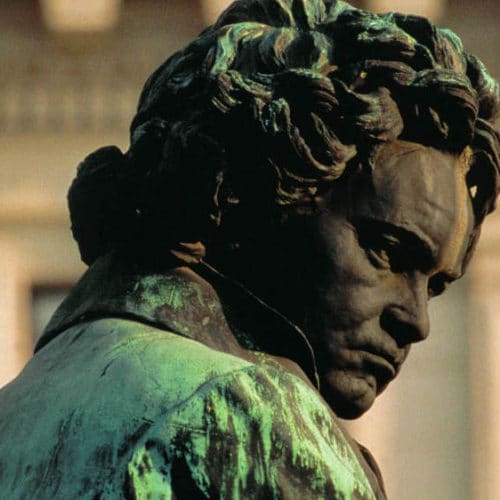
Stay tuned. Ultimate resolution coming up…. here.

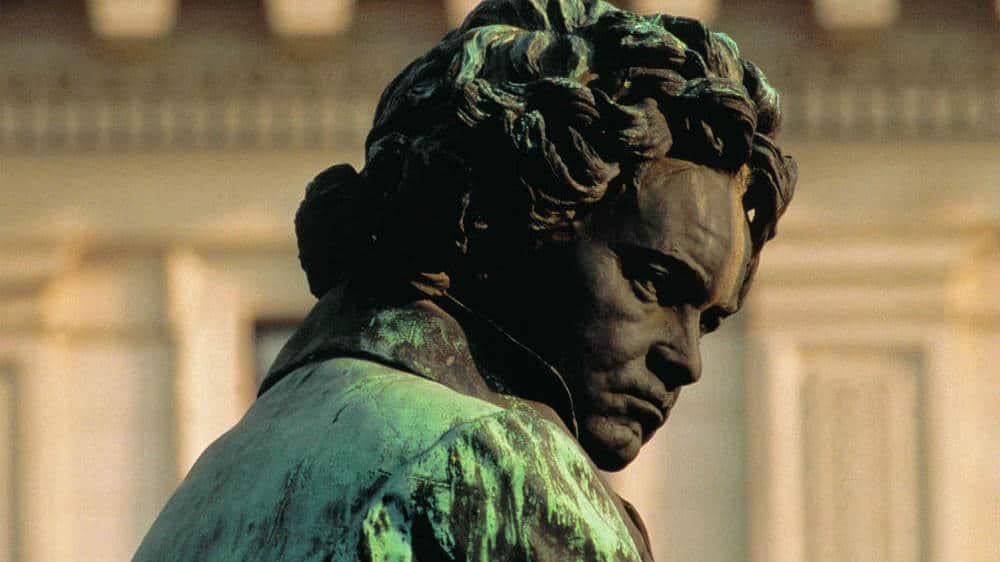
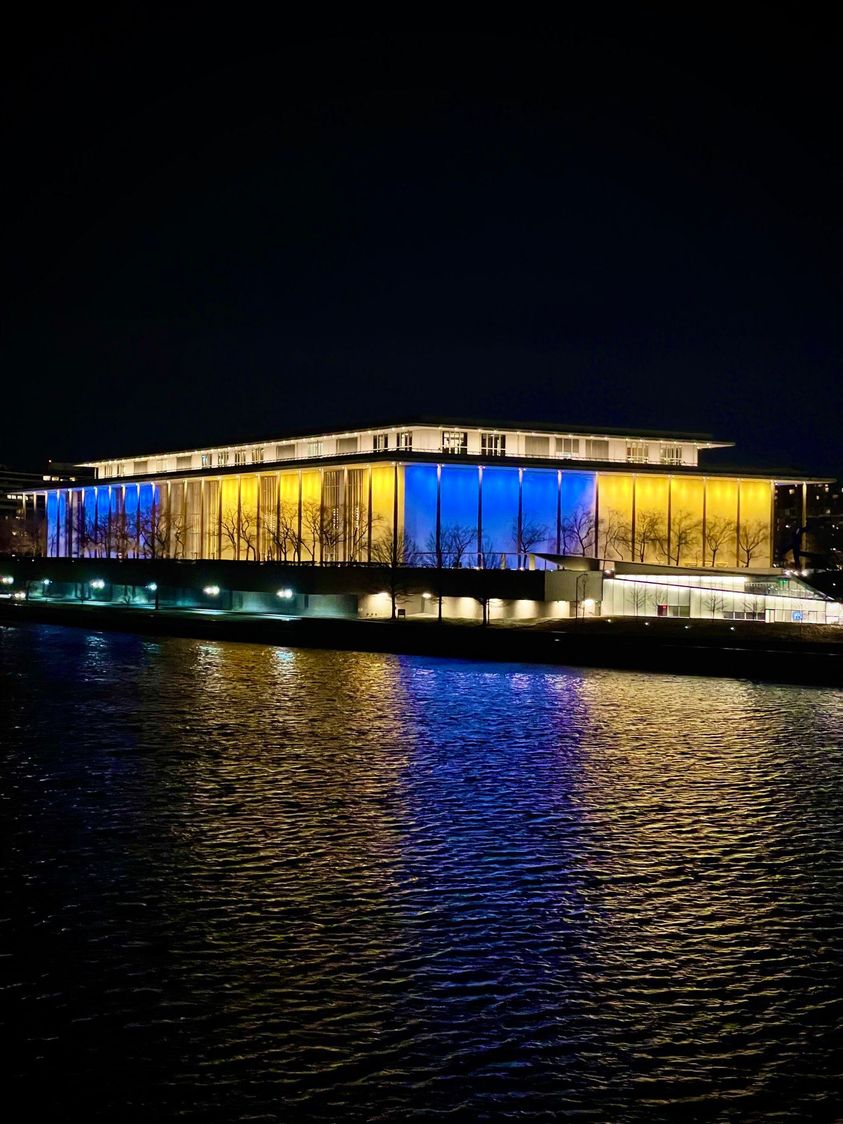
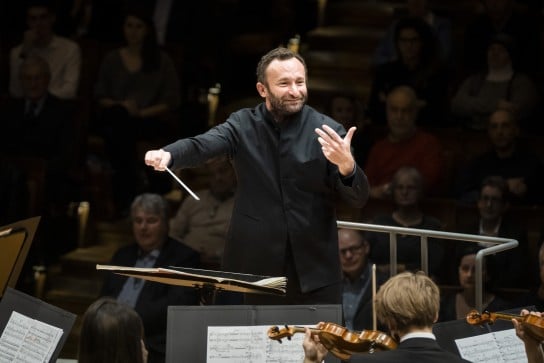
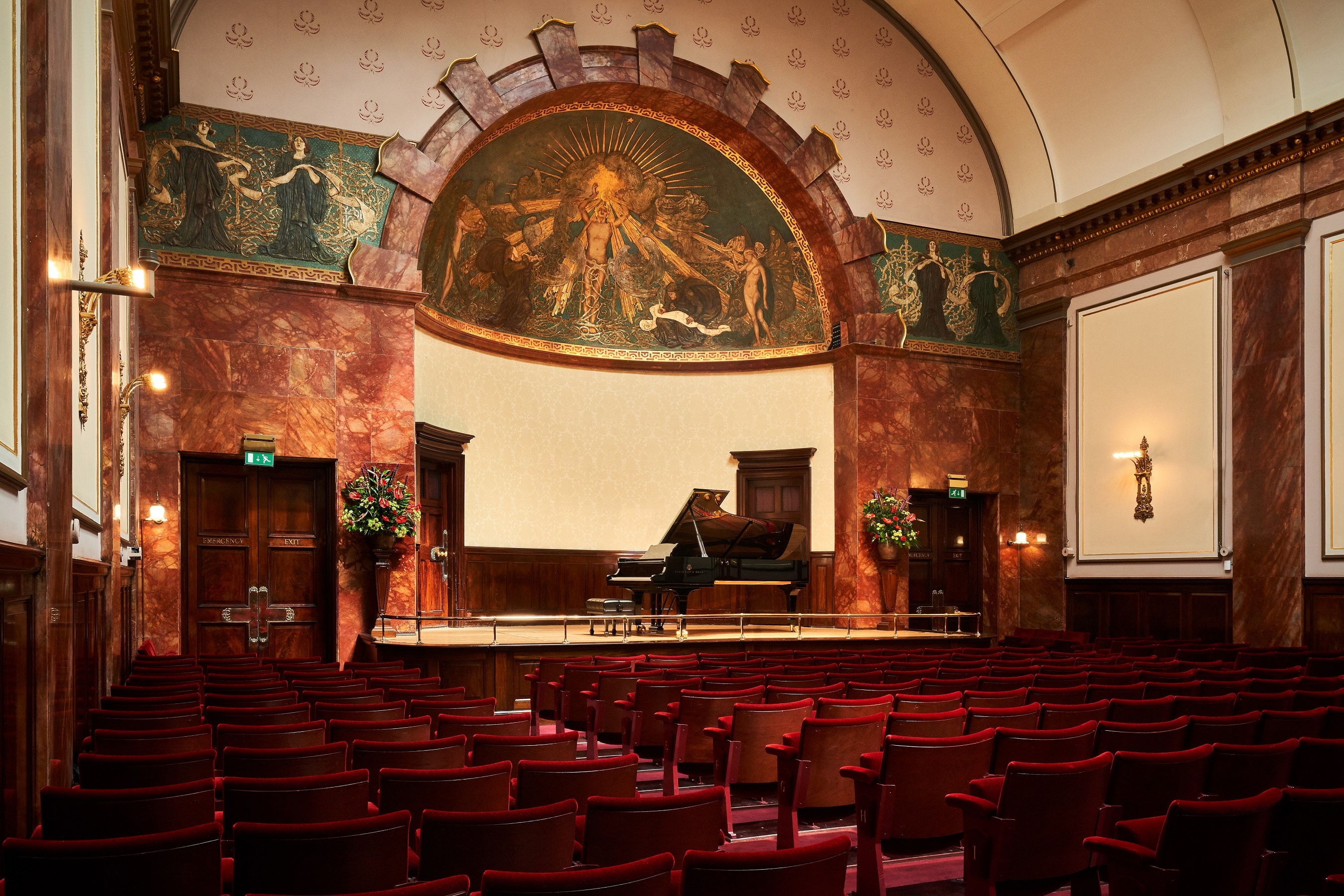

Comments